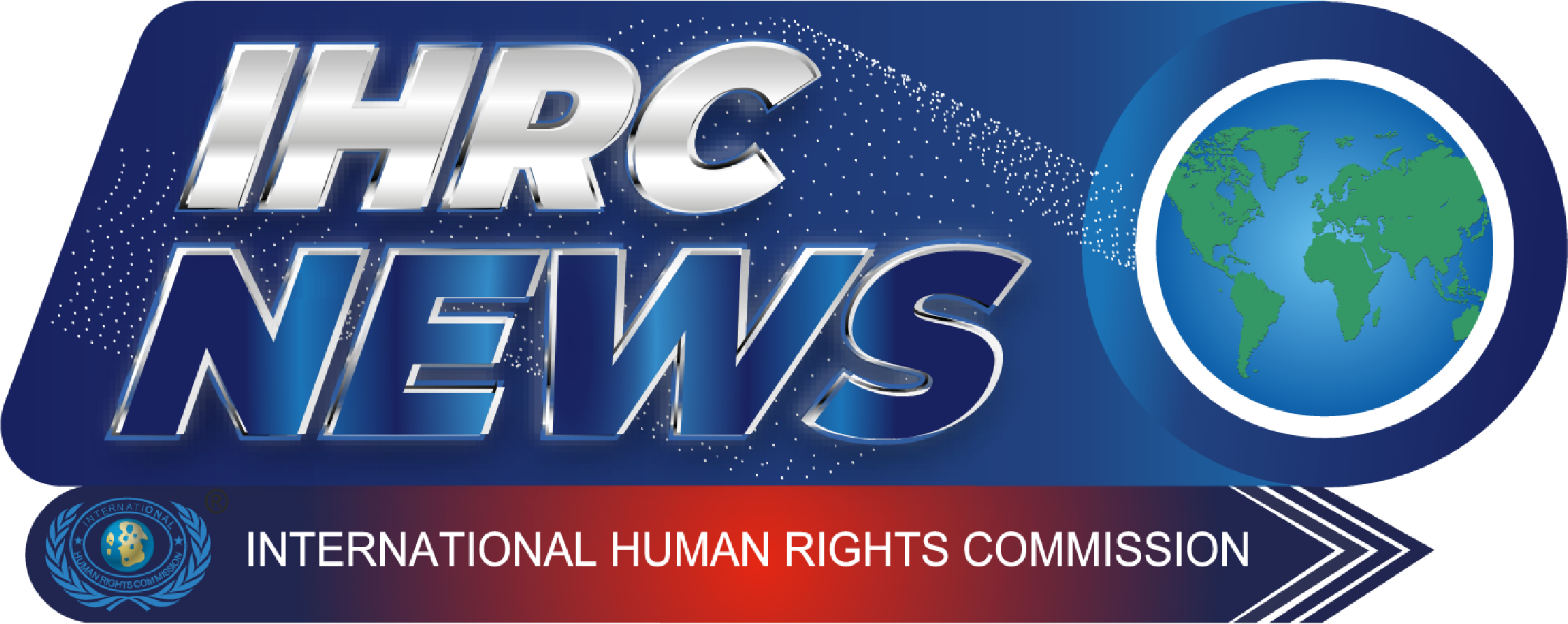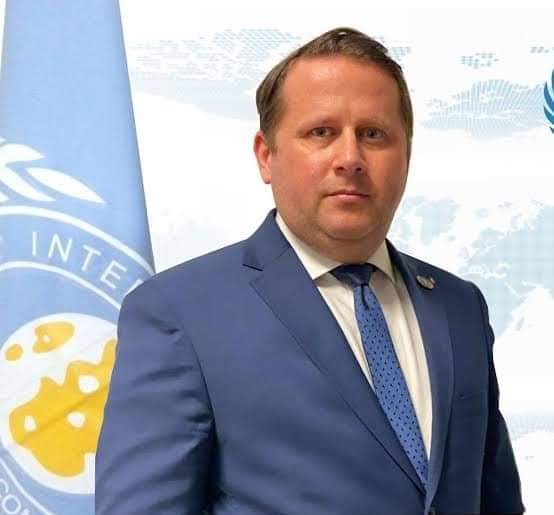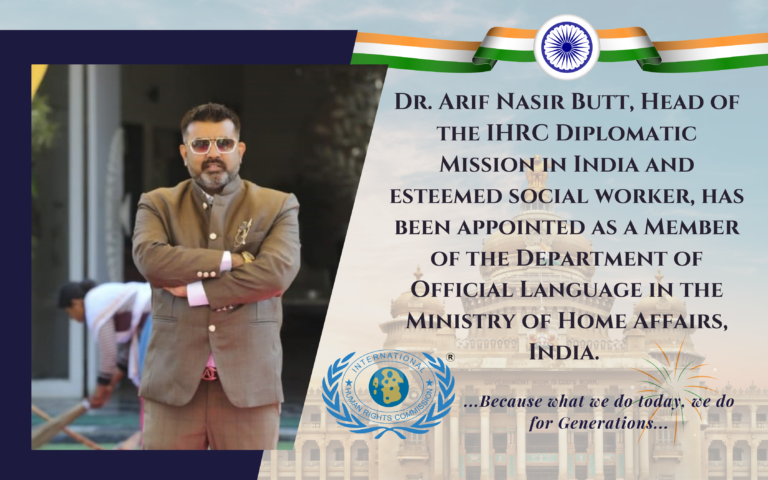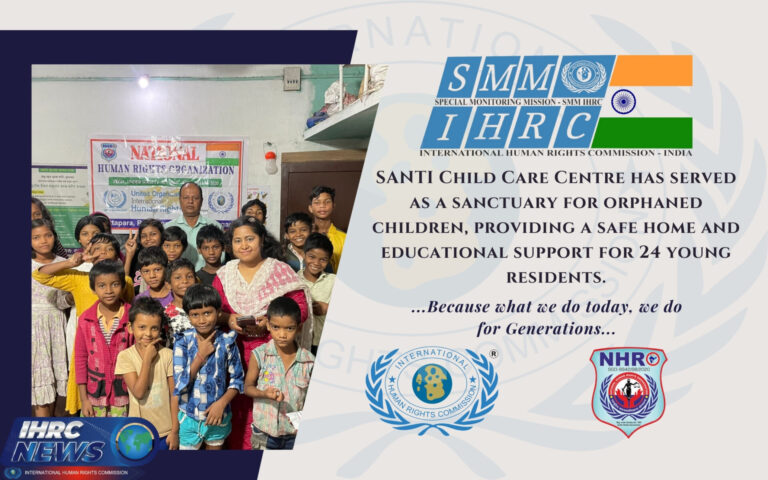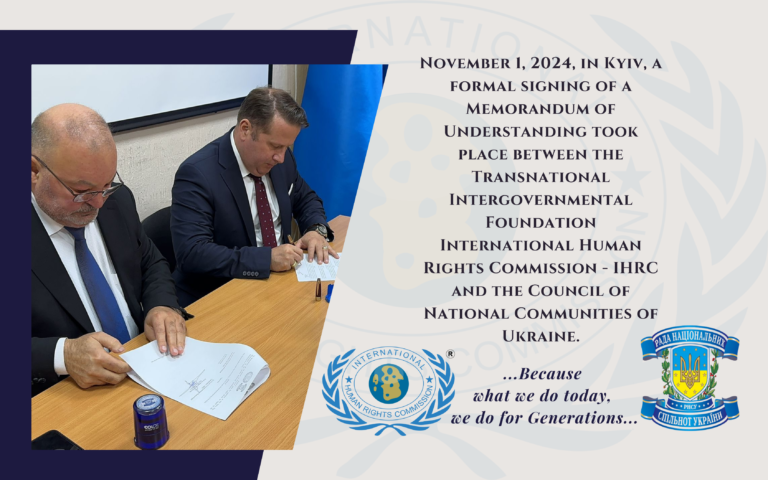IHRC Secretary-General, Rafał, Assumes New Role as European Ambassador
The Secretary-General of the Transnational Intergovernmental Organization International Human Rights Commission-IHRC, Prof. h.c. Rafał Marcin Wasik assumes a new role with the European Commission as European Climate Pact Ambassador with immediate effect.
An official correspondence issued by the European Commission, Directorate-General for Climate Action (DG CLIMA) Kurt Vandenberghe, on January 3, 2024, certifies that Rafał Marcin Wasik is currently a European Climate Pact Ambassador.
The statement said, “You have completed the onboarding process for our Ambassador program. We are also pleased to inform you that your online profile is now being created on the European Climate Pact website”.
The European Climate Pact is an initiative of the European Commission that provides opportunities for people, communities, and organisations to participate in climate action across Europe to: learn about climate change; develop and implement solutions; connect with others, and maximize the impact of these solutions.

European Climate Pact Ambassadors are people who act in their capacity, and not on behalf of the European Commission.
Ambassadors are committed to informing, inspiring, and supporting climate action in their communities and networks in contribution to the European Climate Pact.
Prof. h.c. Rafał Marcin Wasik’s antecedents in contributing to sustainable development goals in the world have left an indelible mark on society. Guided by his watchword, “Because what we do today, we do for Generations”, Prof Rafal Marcin Wasik’s resplendent passion for human development, and climate change, radiates brilliantly, illuminating the path for transformative change and championing the rights and opportunities of humans throughout the world.
Under his visionary leadership, IHRC is committed to the vision and dedication to protecting the human rights of people around the world and promoting a culture of peace among nations.
Working to strengthen and support all nations’ capacity to engage in sustainable development through educational access, relief programs, ecological and bioethical reflections and actions, while taking into consideration the traditional, social, and cultural values of each nation.
Issued:
Fidelis Onakpoma
IHRC Editor-in-Chief
January 3, 2024
